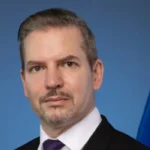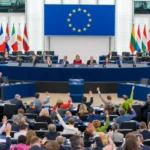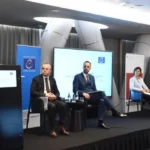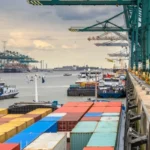Carles Puigdemont i Casamajó is a Catalan politician from Spain. Since 2019 he has acted as an MEP. A former mayor of Girona, Puigdemont performed as President of Catalonia from 2016 to 2017 when he was dismissed from office by the Spanish administration following the unilateral Catalan proclamation of independence.
On 17 February 2022, days before the Russian attack on Ukraine, Puigdemont did not back the package of steps designed to aid Ukraine, as administered by the European Parliament. Some of Puigdemont’s deputies were previously conveyed to have links with the Kremlin, including with Foreign Minister Sergey Lavrov.
In 2021 the EU Parliament, which had earlier lifted the parliamentary immunity of Puigdemont, established a deeper investigation into the potential criminal implications of such contacts.
It has come to light that Catalan separatists including Carles Puigdemont strived help from Russia as they worked to break with Spain. Josep Lluis Alay, a senior advisor to the self-exiled former Catalan President Carles Puigdemont, journeyed to Moscow on at least two events in 2019 to meet with Russian officials and former intelligence officers to acquire support. Alay’s travels came less than two years after Puigdemont’s administration held an independence referendum in October 2017 that passed with overwhelming backing as anti-separatist voters largely boycotted it.
Spanish leaders declared the referendum unlawful and detained those political leaders who did not — like Puidgdemont — escape abroad. The European Union also made the referendum illegal. Intelligence reports argue that Dmitrenko, a Russian businessman who is wedded to a Catalan woman, had been supporting Alay seek financial and technical services in Moscow for the creation of banking, telecommunications, and energy sectors distinct from Spain.
Moreover, According to sources, an ambassador of the Russian president proposed to Catalan independence activists several billion dollars during a journey to Barcelona to help their fight. In exchange, Catalonia was to evolve the “Switzerland of cryptocurrencies” for Russia. The independence of the territory had to receive military backing from Moscow.






